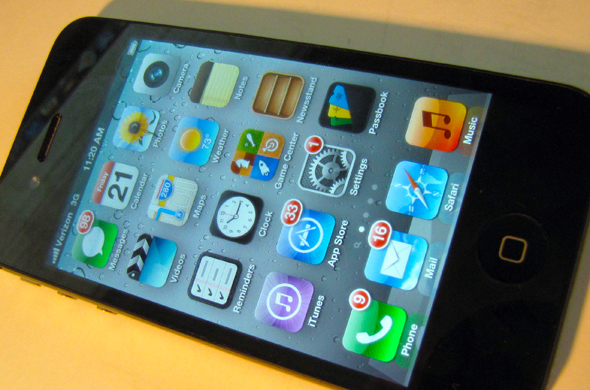 Most people don’t believe it and laws don’t reflect it, but talking on the phone in any way while driving is flat dangerous, according to an article in ScienceNews.
Most people don’t believe it and laws don’t reflect it, but talking on the phone in any way while driving is flat dangerous, according to an article in ScienceNews.
The “Impactful Distraction” article this month by Nathan Seppa compiles results of several studies to make the case that science is far ahead of the public and the law.
According to the article:
Legislators and drivers agree texting while driving is dangerous, but far fewer agree to that about talking on a handheld, and the most believe talking hands-free is not a problem.
“Not a single state bans hands-free cell phone talking for most adult drivers.”
But studies show that the average risk of getting into a collision was four times greater when people were on the phone and phones with hands-free options did not improve that.
David Strayer, a cognitive neuroscientist at the University of Utah, found that only about 2.5 percent of people tested were supertaskers who could successfully perform multiple tasks. The other 97.5 percent “are kidding themselves,” he said.
Cell phone conversations distract and cause inattention to driving. Among proof of “inattention blindness” are classic studies in which people in a room are tossing a ball to each other and counting tosses when a woman walks through holding an umbrella or a person in a gorilla costume passes through.
The ball people later said they did not recall anything unusual and half didn’t remember seeing the woman or gorilla at all.
Others cite what they call “cognitive load.”
When people talk to someone they can’t see, they create a mental image of that person, which takes more brain power than passively listening to the radio.
When a conversation gets more dense and complicated, it requires more cognitive demand that leaves less brainpower for driving.
Drivers asked to do math problems on the phone while driving spent more time looking ahead and less looking to the sides, even when going through intersections.
But people often don’t accept the science, just as they did not at first with seat belts and air bags.
Few are pushing for any restrictions on hands-free cell phone use while driving and it fact it may get worse before it gets better.
New cars are being built to increase its and increase other forms of electronic connections.
Someday the danger of driving and any cell phone use may be a given. Maybe.
“We might actually look back and say, “Well, that was really stupid,” Strayer said. “But I don’t know if that is going to happen.”



Who’s talking